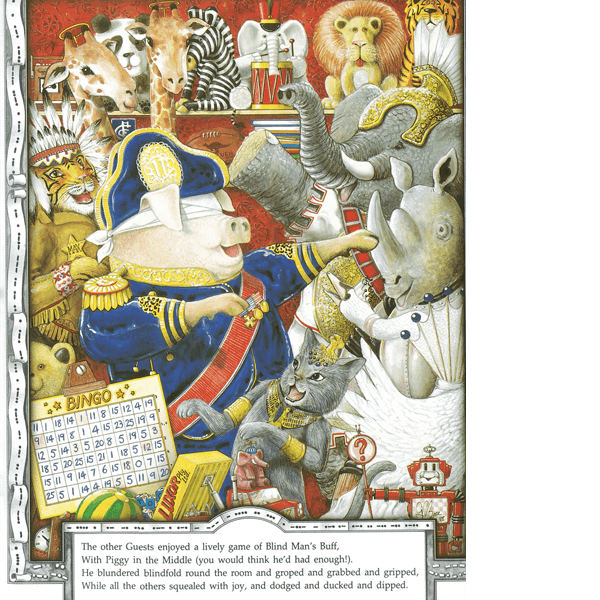I unexpectedly ran across a particularly IF-ish book today, and I felt the inclination to share, and possibly other people can chime in with other similar works.
The book in question is A summer journey to Brazil by Alice R. Humphrey which is free on Project Gutenberg.
It is, unusually, written mostly in the second-person, so of course it immediately reminded me quite a bit of interactive fiction. A brief excerpt:
And now you are again on the ship. You look at beautiful Lisbon and know that if it had not been for Brazil you would never have seen it. It has been so easily reached from England on this steamer, but what an interminable journey it would have been by rail! Spain seems far enough away when one is traveling “on the Continent,” but Portugal! Indeed, this enterprising, seafaring, colonizing country of[Pg 9] three hundred years ago is nearly forgotten. How many know now that her sailors named Formosa (beautiful) as they found its lovely shores, or think to trace her hand on every Continent!
It is also a travelogue from 1900, which reminded me of 80 Days, in several good ways.
But it’s not all good news. Several parts of it are too racist for modern sensibilities, which might be reason enough to skip it. I was expecting the racism, but it’s also quite anti-Catholic, which perhaps I should have been expecting, but there it is.
If you can get past those concerns, I think it’s enjoyable enough, and written with a certain charm.
Indeed you feel in a very foreign land. There is not a tree or plant you have seen outside of greenhouses. The colors are all more brilliant, the motions more slow, the greetings more elaborate, the beggars more loathsome, the whole place more ancient and semi-decayed than anything you know.
